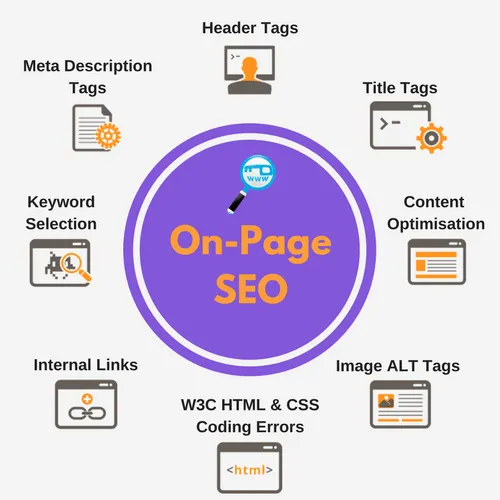Exploring the Power of Content Management System
In the fast moving virtual age, wherein data is plentiful and interest spans are fleeting, managing online content effectively has become a paramount challenge for businesses and individuals alike. This is where the Content Management System (CMS) comes to the rescue, providing a robust framework that simplifies content creation, organization, and delivery. In this blog, we will embark on a journey to unravel the significance and potential of the Content Management System.

The Essence of Content Management System
A Content Management System is a software program utility that allows customers to create, edit, organize, and submit virtual content material seamlessly. From websites and blogs to e-commerce platforms, CMS platforms have transformed the way content is managed. At the core of a CMS lies an intuitive user interface that abstracts the complexities of coding, allowing even non-technical users to create and modify content effortlessly
Benefits Galore
User-Friendly Interface
CMS platforms provide a user-friendly interface with familiar tools akin to word processors. This empowers content material creators to recognize their message instead of grappling with technical intricacies.
Efficient Collaboration
CMS fosters collaboration by enabling multiple users to work on the same project simultaneously. Editorial workflows, user roles, and permissions ensure a seamless and controlled content creation process.
Templates and Consistency
Maintaining a consistent look and feel across a website or platform is crucial. CMS offers pre-designed templates and themes that can be customized to maintain brand identity consistently.
Must Read About The Importance of Responsive Web Design for a Seamless User Experience
SEO Optimization
Many CMS tools come with built-in SEO features, helping content creators optimize their content for search engines and improve online visibility.
Scalability
As businesses grow, so does their content. CMS platforms handle large volumes of content while ensuring scalability without compromising performance.
Cost and Time Efficiency
Traditional web development and maintenance can be resource-intensive. CMS significantly reduces the time and cost required for these tasks.
Types of Content Management System
Traditional content management system
The most common usage for websites and blogs involves WordPress, Joomla, and Drupal are some popular examples. They offer a wide range of plugins and themes, making customization easier.
Headless CMS
Responsive web design designers commonly call it ‘mobile-friendly design Contentful and Strapi are well-known headless CMS options.
Learn more about Development
The Future of Content Management System
As technology evolves, CMS platforms are adapting to new trends. The rise of AI and automation has the potential to transform content creation. Imagine a CMS that suggests relevant topics, generates summaries, or even creates basic content drafts.
Conclusion
Content Management Systems have revolutionized the digital landscape by simplifying content creation, streamlining collaboration, and enhancing overall efficiency. Whether you’re a blogger, a small business owner, or a large enterprise, leveraging the power of CMS can elevate your online presence and streamline your content operations. So, embrace this technology and unlock the potential of efficient content management.






